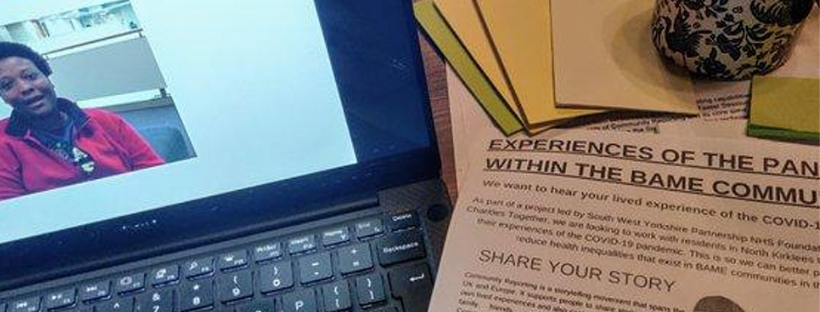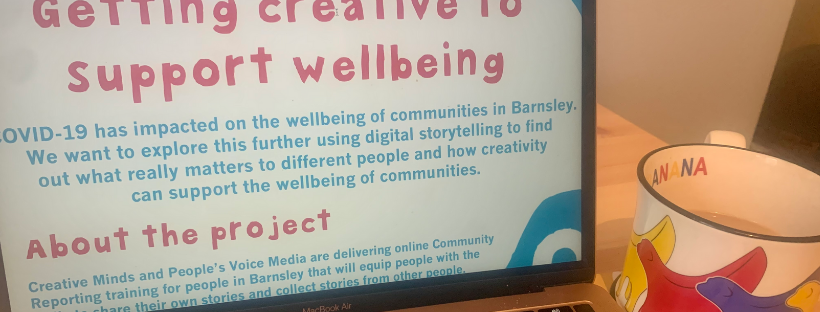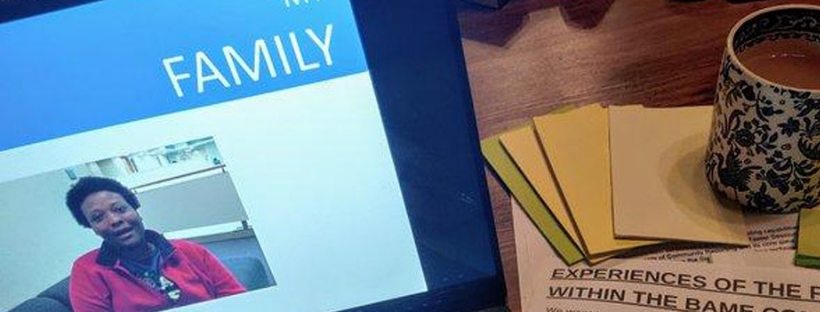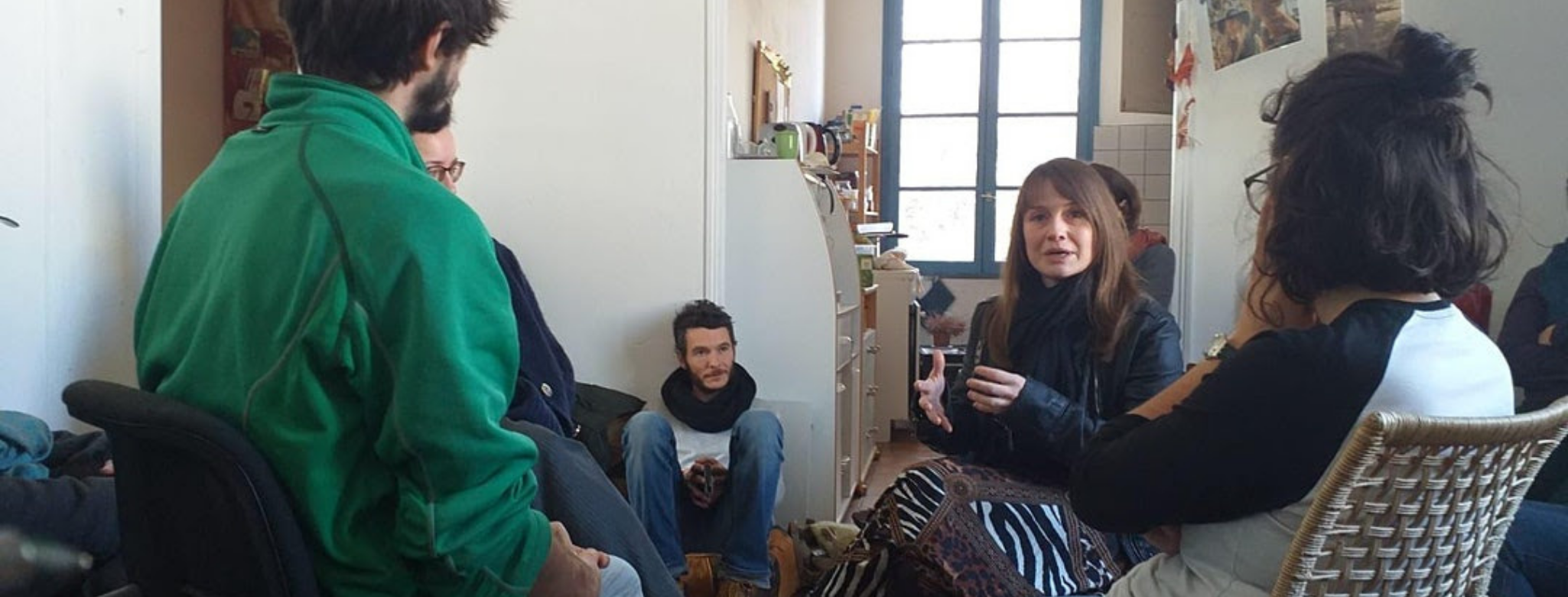WE’RE LOOKING FOR A VOLUNTEER: CO-ENGAGE DIGITAL LAB
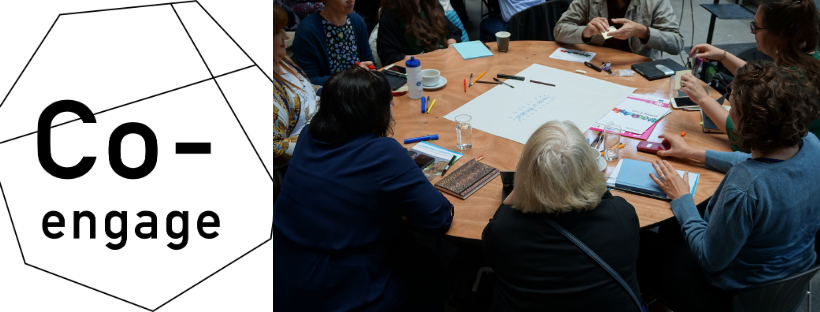
Some of our projects, particularly our European ones, are catching back up after being delayed for so long due to the pandemic. One of these is Co-Engage, an Erasmus+ project designed to contribute to the development of co-creation skills enabling citizens to become social innovators. Part of the project is a series of labs, the first of which takes place at the end of March in a digital form.
We’re looking for a volunteer to attend from the comfort of their own home, with the chance to network with organisations from across Europe as well as learning a thing or two about co-creation practices. A member of the PVM team will also be in attendance. Details of the lab are below:
Topic: Co-discovery.
Overall Goal: Experimenting and testing old practices and new models, focussing on generating participation of citizens as co-implementers and activating people.
Lab Umbrella Topic: Fashion Consumption and Textile Waste problem in cities.
Organisers and facilitators: Future Fashion Forward and Comparative Research Network.
Day 1 – Monday 22nd March 2021 / 9am to 12pm GMT
Day 2 – Tuesday 23rd March 2021 / 1pm to 4pm GMT
Day 3 – Wednesday 24th March 2021 / Self-learning day
Day 4 – Monday 29th March 2021 / 9am to 11.30am GMT & 1pm to 3.30pm GMT
Day 5 – Tuesday 30th March 2021 / 1pm to 4pm GMT
Each of the days presents opportunity for learning, co-creating and networking with a blend of presentations and group work on a variety of challenges, with a fuller agenda being available nearer the time.
A small accessibility bursary is available for each of the days to help meet access costs.
If you are interested in volunteering to take part and have availability on the specified dates, email Sarah at PVM by Thursday 11th March.
